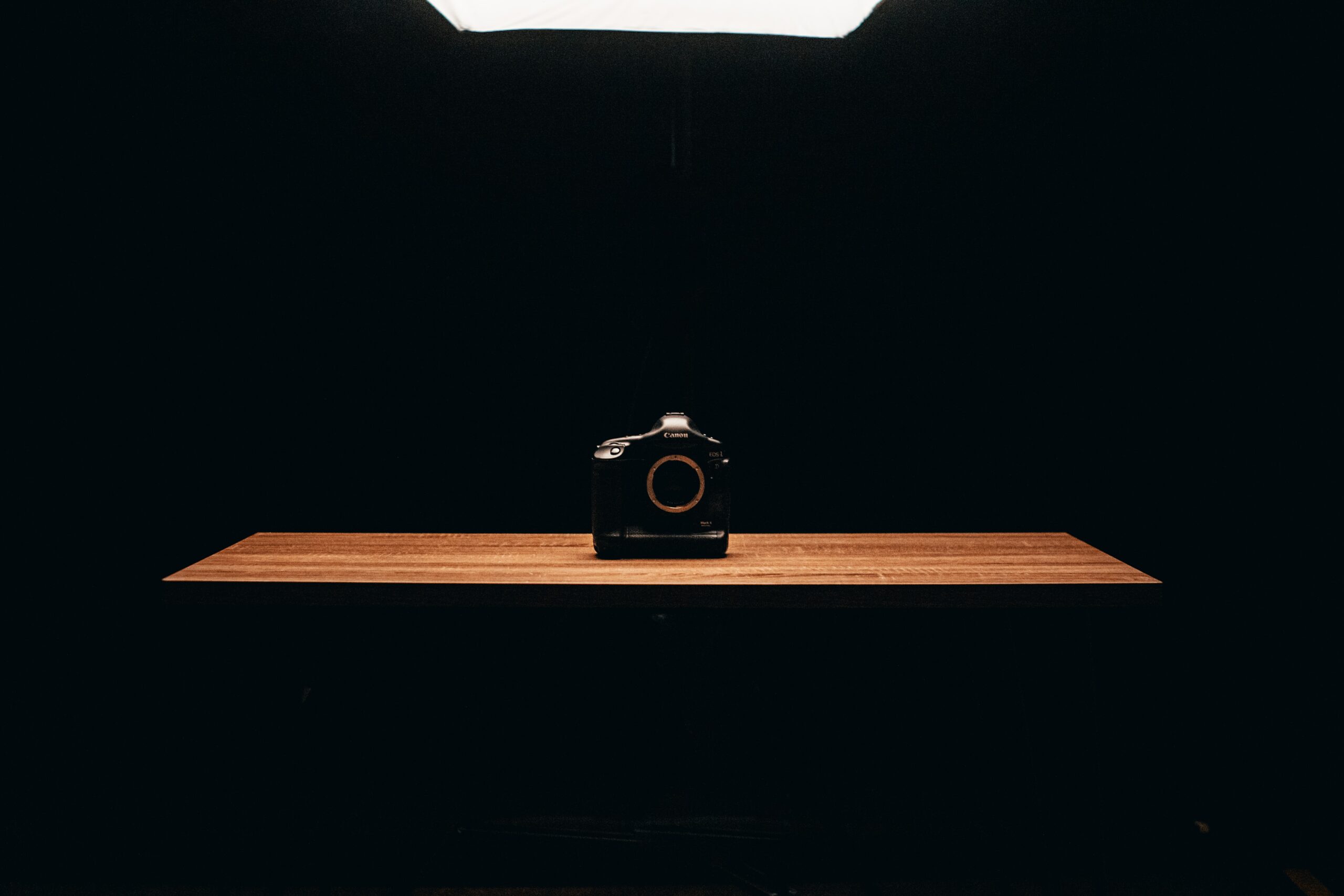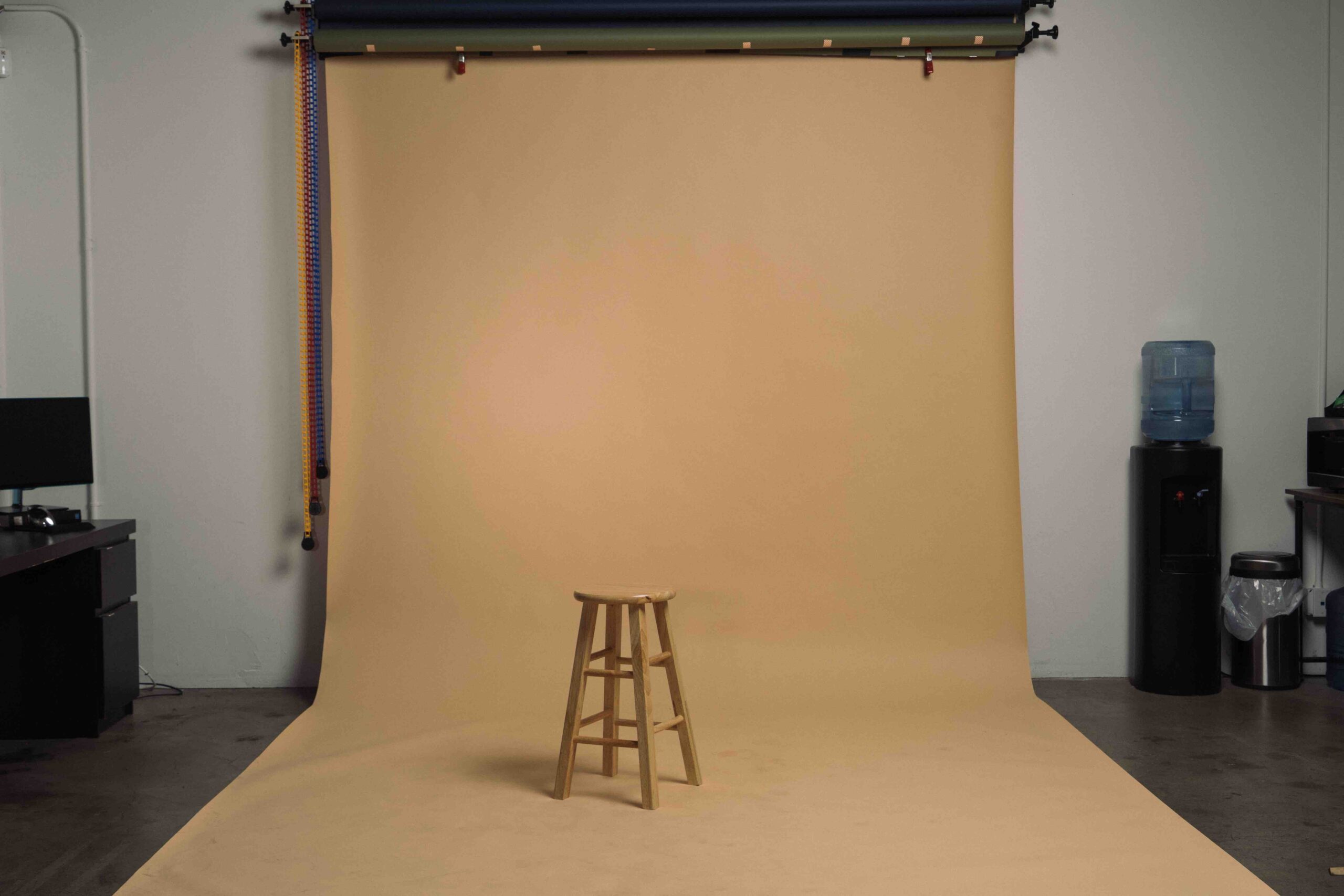In light of our society’s pursuit of constant happiness, I wanted to address an issue that I see plaguing a lot of actors, contributing to their frustrations and feelings of failure in this business. Frustrations and feelings that are fabricated without reason, and only fuel the self doubt and defeat that consume late night spirals into despair.
These feelings aren’t necessary or justified, and somehow I see actors left and right, allow those feelings into their minds and bring them down, when it only serves to make them miserable and unable to perform.
I know you’ve all thought this, or some version of this – “Once I have enough clout, and can perform without making any mistakes, I’ll be able to choose whatever project, whatever role I want.”
I know you’ve all felt, one time or another – “If I know the room, and nail the scene, there’s no reason I won’t land this job.”
You may have avowed – “Dammit, they gave it to the producer’s nephew-in-law. One of these days…one of these days I’ll have my own connections and that won’t happen to me anymore.”
All valid thoughts, I’m not going to say otherwise. But when they become your mantra, it changes your mindset and sets you up for failure.
Let me explain.
I think we can all agree, in today’s world, we are put in a place in which we are constantly trying to attain nirvana. We compare ours bodies and lives to perfectly curated Instagram feeds, we match our wit and intelligence against Reddit and TED talks, we even measure our personal growth and contentment against the posts and videos we see circulating Facebook and the rest of the internet. Everyone online, it seems, has the perfect life – and if they don’t have a perfect life, they’ve truly accepted themselves in an awe-inspiring act of defiance that we admire even more. They’re even more perfect, because they’re celebrating their imperfections when we…just…can’t…get it going.
Everyone’s got it better than us. If we could just get our shit together, maybe we might achieve a fraction of their happiness.
I don’t like this mindset. And I think in the social media sphere, it’s easy to see the effect that mindset has on the depressed individuals that sit at home, unhappily unable to pull away from their screens to acknowledge their own lives. We can see that comparing our blooper reel, to someone’s highlight reel, causes negative head space and perhaps we’re doing something about it, maybe avoiding the apps for a bit, in the name of self-care.
But too often, while I’ll see actors brilliantly adjust their social lives to not get into that vicious cycle, they won’t do the same to avoid those mistakes in their professional lives.
It’s the mindset, that if you could just…get…there, then you could have all the opportunities you want. But again – you’re comparing your career to a carefully curated one.
We have this idea, that once you’re famous, or at a certain level, you can get any role, any project, that you want. And that’s just not true. I guarantee Tom Hardy wasn’t the only person on the list for Mad Max. Emma Stone wasn’t the only person on the list for La La Land.
Even at that level, when you’re talking about brilliant actors and A-list fame – they still have to work for the projects they want to be a part of. Iron Man tested for the role, and RDJ’s been around and famous since he was a kid. Did he have some other stuff to work through? Yes. Do you think now that he has the Marvel franchise, he could have gotten Tom Hanks’s role in Captain Phillips if he wanted it? Maybe – but what if Tom wanted it too? That means one of these brilliant actors, who have been famous for decades, would not get the role they wanted. Hypothetical situation, of course, I’m not aware if RDJ ever campaigned for that role – but you get the analogy.
My point being, we look at these stars – or maybe it’s not a star! Maybe it’s a consistently working actor, who hasn’t achieved A-list fame but you just admire what they do – and we go, “Wow. Every step they make, they do it right. I want my career to look like that someday.”
Untrue. We just remember the highlights. Hindsight is 20/20, right? There are movies those actors did, that we’ve all forgotten about. Every step they take is uncertain, same as all of us. They get to fight at a higher level to take the right steps, it’s true, but it doesn’t mean they’re always right, and – it doesn’t mean they get to take every step they want to take.
I’m a fan of Lupita Nyong’o, I think she’s brilliant. I know a lot of the world agrees, and yet I don’t think she gets every role she wants. Some of that has to do with our stunted and flawed approaches to race and ethnicity on screen, but even if I were to crassly compare her only to others with somewhat similar physical attributes, I also like Yetide Badaki and Sonequa Martin-Green and Uzo Aduba and Naomie Harris and Letitia Wright is having a moment right now – the list goes on. If the role opens up to all ethnicities, there’s more names that might want the role, if it opens up in age – what if Meryl Streep or Viola Davis wants the role?
You get my point. As an actor, you can fight to make sure that each project you do, means something to you and over time reveals a career that you’re proud of – but it doesn’t mean that you’ll get to do every role that you want to.
And more importantly – if you don’t get the roles you want, it doesn’t mean you’re not good at what you do.
If that’s what you’re aiming for, to be at a level in which you can get whatever role or project you want – you’re striving for the impossible. And you’ll always come up short, and you’ll always feel like you failed.
That what I want to avoid – those feelings of failure, of not being enough. Because it’s just not true. You are enough. You have not failed.
On a tangible level, I see it when actors walk out of my audition room. They’re striving for a career in which they can land whatever audition they want, and they think if they don’t get this job, this role, it’s because A) they didn’t perform to their own standards, B) the creative team is going to make a nepotistic choice, C) they don’t have the credits on their resume, etc. etc.
In other words, them not getting the role is their fault. For making a mistake, for not having connections, for not having already achieved what they want to have achieved. Instead of – it’s not your fault, it’s no one’s ‘fault.’ It simply wasn’t the right fit. If two puzzle pieces didn’t fit together, would you say one puzzle piece failed? No. You’d simply find the right puzzle piece, and keep that other piece around until you figured out where it fit.
This mindset, striving for the unattainable – it affects your confidence, your choices, and your audition. If you walk into every audition or meeting with your heart in your mouth, seeing it as a gauge of your success or failure, then your heart isn’t in the character, where it belongs. It isn’t in the craft, which is why we’re here – it’s in your head, because all that exists is the chance for that imaginary happiness you think you see reflected in the lives presented by the people you admire.
My advice is to stop aspiring to achieve bliss. It doesn’t exist the way you think it does.
Instead – remember why you want to be an actor. To act, I’m guessing? To connect with an audience, to express yourself in a way that feels natural, to expose humanity for what it is or to show what it could be. Whatever your reason for becoming an actor, remember it, when you decide you want a role. I still encourage you to do your best, and to fight for the roles you want – but don’t get in the mindset that you should be constantly perfect, unquestionably outstanding, and basically – in control of whether or not you land every role you want. It’s the same fruitless struggle as trying to have the perfect social media feed.
If your goal is 100% happiness, 100% the time, you’ll never feel like a success. And those feelings will send you on a downward spiral that will affect your work. Even if you managed a large fraction of that – 70% is a large fraction, I’d say – you’ll only focus on the 30% that’s missing, instead of saying “Holy shit, I’m doing GREAT!”
I don’t think it’s ridiculous to strive for happiness. But keep in mind that moments add up, and 51% is a majority.
*I got to thinking about this subject because my friend sent me this video, which also made me think of this video (shortened) and this video (shortened) from my alma mater. I’m not saying I agree with these ideas 100%, but they did make me think.
Photo by Arwan Sutanto on Unsplash











